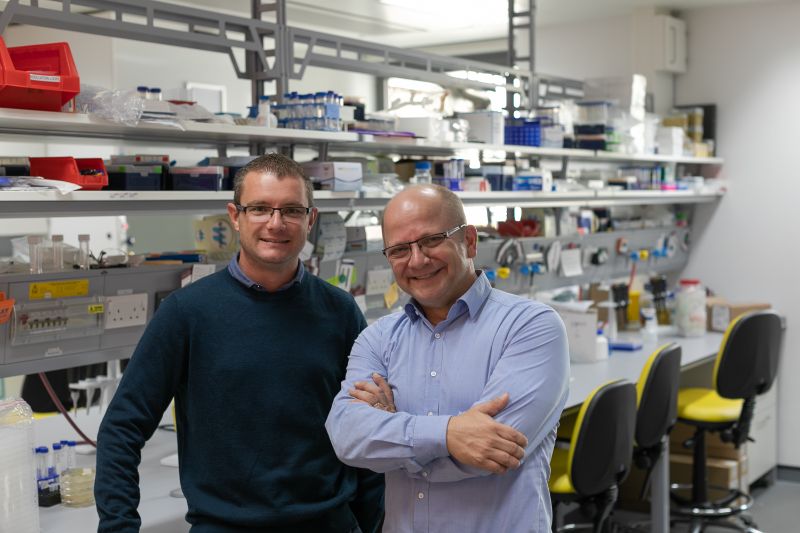
The University of Bristol and spin-out firm Imophoron are set to assess Covid-19 vaccine candidates in-vivo in a pre-clinical programme.
Imophoron has generated several candidates based on its ADDomer vaccine platform, a synthetic, self-assembling, virus-like particle (VLP).

Discover B2B Marketing That Performs
Combine business intelligence and editorial excellence to reach engaged professionals across 36 leading media platforms.
The company collaborated with the University of Bristol’s Covid-19 Emergency Research (UNCOVER) Group and will lead the vaccine development. Preclinical tests are expected to begin within weeks.
Imophoron founder and CEO Frederic Garzoni said: “We have optimised our process and can now design and roll-out potential vaccines in about two weeks, ready for testing.
“With our technology, we hope to contribute to resolving the major health and economic threats caused by emerging viruses such as Covid-19.”
Based at the Unit DX Incubator, Imophoron is working on a rapid-response platform for vaccines against existing and future infectious diseases.

US Tariffs are shifting - will you react or anticipate?
Don’t let policy changes catch you off guard. Stay proactive with real-time data and expert analysis.
By GlobalDataThe platform should enable easy manufacturing, quick identification of candidates and production in large quantities.
Imophoron’s vaccines are stable and do not need refrigeration. In addition, these vaccines are said to possess less risk of side effects compared to other new vaccines.
University of Bristol Max Planck-Bristol Centre for Minimal Biology director and Imophoron co-founder Imre Berger said: “Most Covid-19 vaccines now being fast-tracked present the complete Spike to the immune system, which reacts by making antibodies. This approach risks inducing antibodies that bind to the wrong parts of the Spike and could make the disease even worse.
“In vaccines for SARS-CoV-1, this sometimes resulted in severe lung tissue damage; Imophoron’s vaccines, in contrast, present only very specific parts of the Spike essential for cell entry and are potentially much less prone to this risk.”
After the completion of the preclinical tests, the vaccine candidates will enter human clinical trials.




